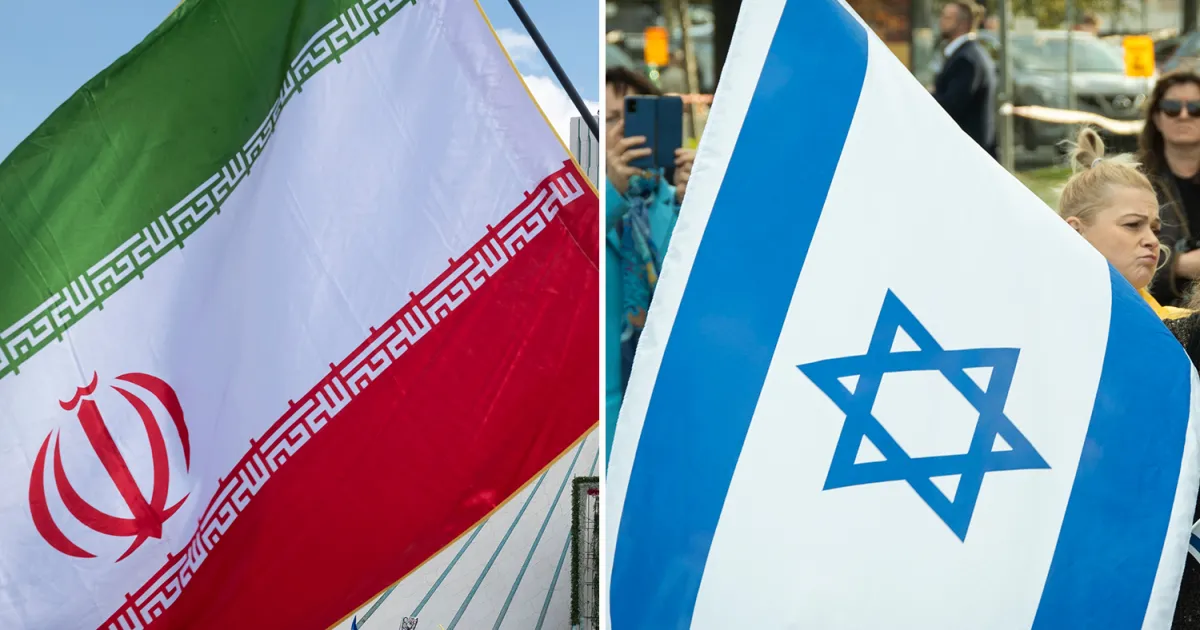The latest escalation between Iran and Israel is a sobering reminder of the precarious balance in the Middle East, where decades of proxy wars and confrontations have made diplomatic resolutions seem like distant ideals. Iran’s missile attack on Israeli military installations near Tel Aviv, followed by its warning of “crushing attacks” if Israel retaliates, raises fundamental questions about the region’s future security and stability.
Iran’s bold move comes in response to Israel’s reported involvement in the deaths of Hamas and Hezbollah leaders, proxies Tehran has long supported. Iran’s Revolutionary Guards claim that the missile strikes were a measured response in line with international law. Iran’s Foreign Minister Seyed Abbas Araghchi further emphasized that the country had concluded its operations unless provoked again. Such language, while carefully framed, carries a clear message: Iran is ready for escalation if necessary.
Benjamin Netanyahu, Israel’s prime minister, responded with characteristic resolve, stating, “Iran made a big mistake tonight and will pay for it.” It’s clear that Israel is prepared to defend its interests forcefully, and the interception of many of the Iranian missiles is a testament to the country’s military capabilities. Israeli officials, including military spokesperson Rear Adm Daniel Hagari, have warned that Iran’s actions will have “consequences.”
As usual, the United States stands firmly with Israel. President Joe Biden and Vice President Kamala Harris quickly voiced their unequivocal support for Israel’s right to defend itself. The promptness of these statements demonstrates the deep ties between the two nations, especially regarding security matters in the volatile Middle East.
Iran’s reference to its missile barrage as an act of restraint should not be dismissed. Tehran is well aware of its delicate position on the global stage. The barrage was likely calculated, aimed at making a statement without triggering an all-out war with Israel, but the situation remains fluid. Should Israel retaliate—whether through direct military action or covert operations—Iran is likely to respond in kind, risking a broader conflict that could easily pull in other regional actors and global powers.
The response from the international community has been measured so far. The UK, through its defense secretary John Healey, condemned Iran’s actions while emphasizing British involvement in de-escalating tensions. Nevertheless, Iran’s defiance remains a stark challenge to any peace efforts in the region.
What does this mean for the future? Iran’s missile attack, while largely intercepted by Israel’s defense systems, sends a powerful message: the Islamic Republic will not shy away from using its military to assert its influence in the region. Its threats of “crushing attacks” underline the belief that it can withstand and respond to Israeli retaliation.
READ ALSO: Israel Thwarts Iran Attack; US Backs Response
As the world watches, the crucial question is whether both sides can step back from the brink. While Iran seeks to assert its regional dominance, Israel is equally determined to protect its sovereignty. The rest of the world, particularly the U.S. and its European allies, can only hope for restraint but must remain prepared for the worst.




